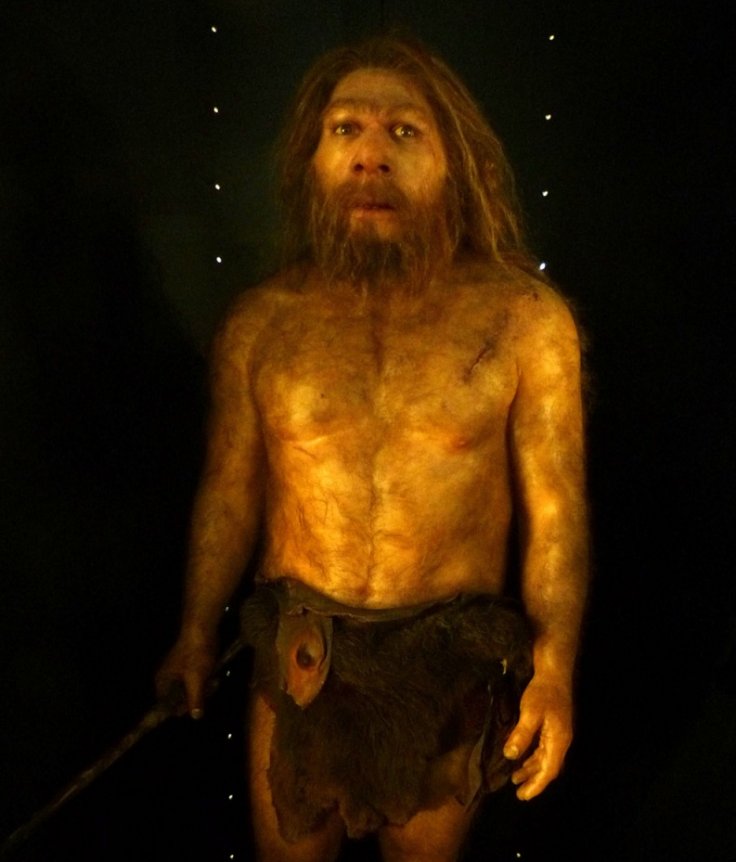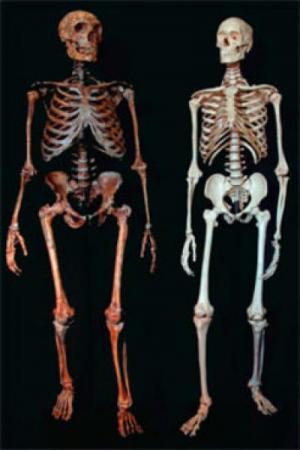A team of international scientists from Germany and Sweden said in a new study that a mutated Neanderthal gene could be making millions of people more sensitive to pain.
The scientists claimed that that millions of people may have been carrying the rare gene as a remnant of Neanderthal ancestry—the ice age hunter-gatherers who lived hard lives and used to hunt mammoths, bison, as well as, other dangerous animals.
As per the new study, which was published in Current Biology, despite the rough and tumble existence, Neanderthals, who lived in Eurasia until about 40,000 years ago, had a biological predisposition to a heightened sense of pain. Scientists have claimed that modern humans, who have inherited the "nerve-altering" mutation are likely to experience more pain.

The study was led by Svante Pääbo at the Max Planck Institute for Evolutionary Anthropology in Leipzig, Germany along with Hugo Zeberg from the Karolinska Institute in Stockholm.
Research Finding
Evolutionary scientists have been studying the genetic variation in Neanderthal DNA, known to play a role in causing impulses in some nerves. They found that this particular form of gene made them prone to feeling more pain.
As per the experts, the analysis of more than half a million modern British genomes had revealed that around 0.4 percent of people happen to still be carrying a copy of this mutated version. People who are carrying the gene tended to experience more pain symptoms than average individuals.
The team of scientists claimed that the mutated gene is responsible for generating a protein, responsible for the extent of painful signals sent to the brain and spinal cord. Zeberg said many people have described it as a "Volume knob, setting the gain of the pain in nerve fibers."

As the study claimed, the early ancestors of modern humans, Neanderthals and Denisovans (an extinct species of archaic humans that ranged across Asia during the Middle Paleolithic period mixed with modern humans that resulted in many "Genetic variants from Neanderthals and Denisovans being present in humans today."
Neanderthal DNA and Coronavirus Risk
Earlier, it was claimed that said that a stretch of DNA linked to the disease caused by novel Coronavirus was passed down from Neanderthals 60,000 years ago. As per the study, which was also conducted by Pääbo and Zeberg, a gene cluster on chromosome 3 was identified as a "risk locus for respiratory failure in SARS-CoV-2," and the variant is common in the Asian country Bangladesh, where 63 percent of people carry at least one copy.
The scientists claimed earlier that the frequency of contracting the infection is higher in the people from South Asia than in Europe, as the piece of the genome is prevalent in South Asia. Zeberg said the 60,000-year journey of this chunk of DNA in modern humans might help explain why it is so dangerous today and added that "Its evolutionary history may give us some clues."









